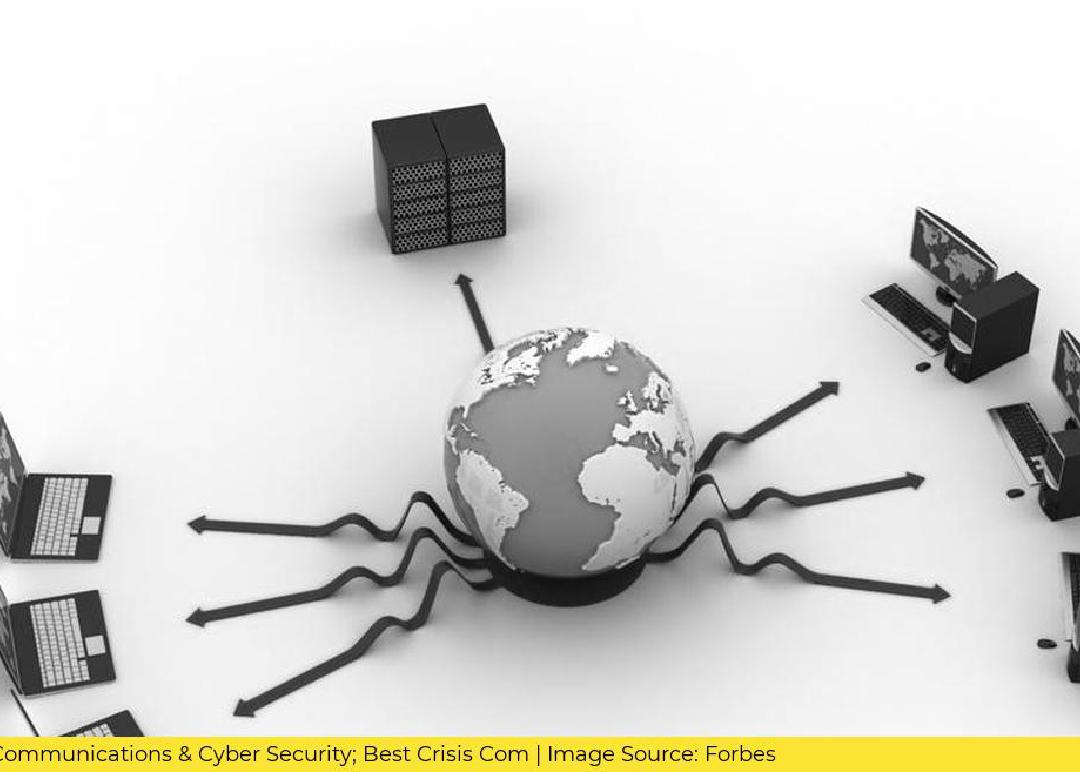Crisis Communication: Lessons Learned from the Most Significant IT Outage in the World
As an insurance executive, you know that crisis communication is crucial in times of unexpected events. But what happens when the crisis is caused by an IT outage, affecting not only your company but also the entire world? This is what happened in July 2024 when the most extensive IT outage ever linked to Microsoft Systems occurred. In this post, we will share some vital lessons learned from this crisis and how you can apply them to your risk management system.
According to an article published by Forbes, the chaos among users was getting bigger and bigger due to the lack of adequate and effective communication. Windows computers worldwide were crashing, and affected companies and institutions mostly failed in communications. Many users got stuck with blue screen BSO, self-service machines, operator lines for 911 were out, and systems of airports and hospitals crashed all from India, New Zealand, Asia, the USA, and Europe. The systems crashed quickly, and mass notification systems orchestrated by a primary focus on crisis communications failed in too many countries and corporations.
So, what are the most crucial crisis mass communication basics for this kind of (worldwide or regional-local) IT (and electricity) outages? Here are some statements that you should avoid and what to do instead:
-
Statement: “We don’t want or need changes.” What to do instead: Ensure that your organization has a professional and advanced IT team. Many reasons are usually behind the “we don’t want or need changes” mindset favored by these organizations; for instance, unethical companies or some of their IT employees may have accepted a kickback when selecting vendors, resulting in the selection of less suitable programs and solutions.
-
Statement: “We need to gain experience with a problem and be afraid to admit it.” What to do instead: Be honest and transparent with your team and stakeholders. If you don’t have experience with a problem, admit it, and seek help from experts. Don’t take chances with attention.
-
Statement: “We don’t have time to communicate.” What to do instead: Prioritize communication in times of crisis. Communicators hold the public baton of information, blame/guilt, and solutions. Ensure that you have a reliable, bulletproof IT and PR team that knows how to predict where it is weak, where it will strengthen and where the team will fall if…
-
Statement: “We don’t need to take full responsibility for the situation.” What to do instead: Take full responsibility for the situation. In practice, many general and managing directors often go on vacation and don’t return to their jobs because it benefits them to be absent. This allows them to not take full responsibility for the situation. However, in times of crisis, taking full responsibility is crucial to regain trust from stakeholders.
In conclusion, crisis communication is essential in times of unexpected events, especially when the crisis is caused by an IT outage affecting the entire world. To ensure that your risk management system is prepared for such events, prioritize communication, have a reliable, bulletproof IT and PR team, be honest and transparent with your team and stakeholders, and take full responsibility for the situation. If you want to learn more about how parametric insurance can help in these cases, get in touch with Riskwolf. With Riskwolf, you can turn real-time data into insurance. Using unique real-time data and dynamic risk modeling, we enable insurers to build and operate parametric insurance at scale. Simple. Reliable. Fast.
Source: Forbes
